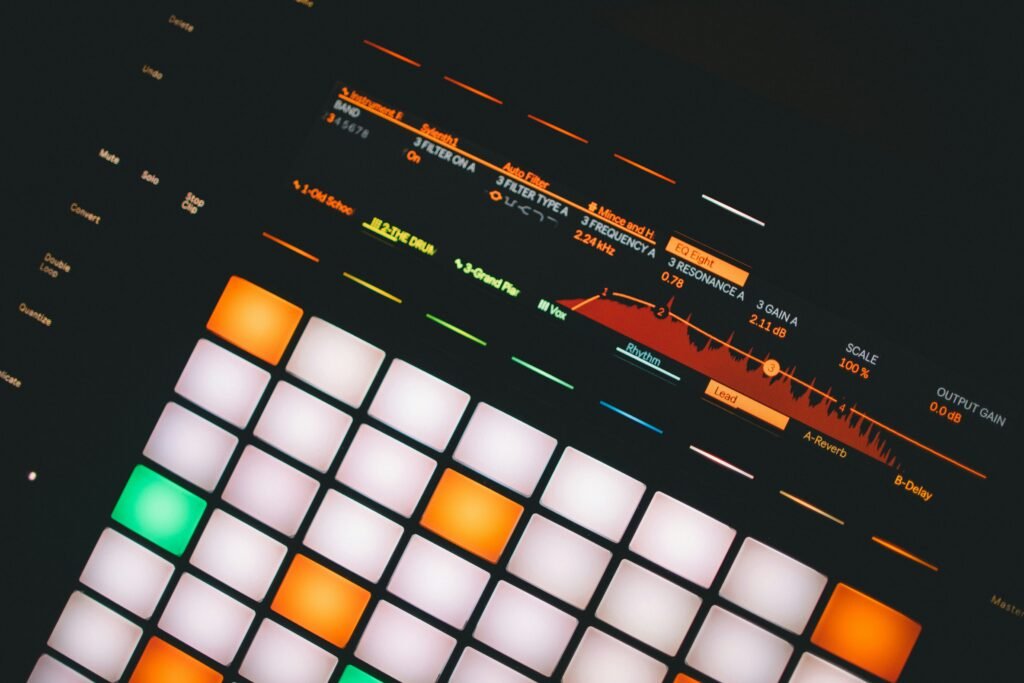
Navigating the Music Industry Landscape
The music industry is experiencing rapid transformation due to technological advancements and changing consumer behavior. With the rise of digital platforms, artists now have access to diverse music distribution channels that extend beyond traditional record labels. These platforms, including Spotify, Apple Music, and various social media networks, provide artists the ability to reach global audiences while retaining greater control over their work. This democratization has allowed independent artists to flourish, as they can produce and distribute music without the financial backing of major labels.
Understanding how to effectively utilize these digital platforms is crucial for artists navigating the current music landscape. By employing smart marketing strategies and optimizing their online presence, musicians can enhance their visibility and connect with their target audience. Furthermore, leveraging data analytics allows artists to gain insights into their listening audience, preferences, and trends, aiding in decision-making processes regarding marketing campaigns and musical direction. Analyzing metrics such as streaming numbers, social engagement, and demographic data can inform artists about which songs resonate most with their listeners, thus guiding future releases and promotional efforts.
Moreover, significant trends are shaping the industry, including the rise of playlist culture, which has become a key factor in music discovery. As consumers increasingly rely on curated playlists, artists must understand the importance of getting their songs featured on popular playlists to maximize exposure. Additionally, the growth of live streaming and virtual performances during recent global events highlights the need for artists to adapt to new formats and explore innovative ways to engage fans. As the industry continues to evolve, artists who remain adaptable and informed about these changes are likely to thrive in an increasingly competitive environment.
Essential Tools and Insights for Musicians and Producers
In the rapidly evolving landscape of music production, the tools and technologies available to musicians and producers play a crucial role in enhancing creativity and efficiency. From software to hardware, having the right gear can significantly impact the quality of the music created and the overall production process. Digital Audio Workstations (DAWs) such as Ableton Live, Logic Pro, and FL Studio have become essentials for modern producers. These platforms offer user-friendly interfaces, a wide range of plugins, and extensive libraries of sounds, enabling artists to experiment and innovate their craft seamlessly.
On the hardware side, high-quality audio interfaces are indispensable. Devices from brands like Focusrite and Universal Audio provide superior sound quality and low latency, ensuring that recordings are pristine and free from disruptions. Additionally, MIDI controllers and synthesizers remain popular choices among musicians for their ability to create unique analog sounds and manipulate notes effectively. Instruments such as the Korg Minilogue or Novation Launchkey can inspire creativity and enhance live performances.
Beyond instruments and software, education and insights from industry professionals significantly contribute to a musician’s growth. Websites and platforms like SoundOnSound and Produce Like A Pro feature interviews and tutorials that provide beneficial information on various aspects of music production. These resources not only allow artists to hone their technical skills but also offer guidance on the business side of the industry, including marketing and distribution strategies.
Moreover, exploring detailed artist profiles can provide valuable inspiration. By analyzing the journeys of successful musicians, new artists can learn effective approaches to songwriting, collaboration, and performance. Such knowledge fosters a deeper understanding of the music industry, equipping aspiring musicians and producers with the insights needed to flourish in their artistic careers. Ultimately, leveraging these essential tools and insights can empower artists to navigate the music scene more effectively.
